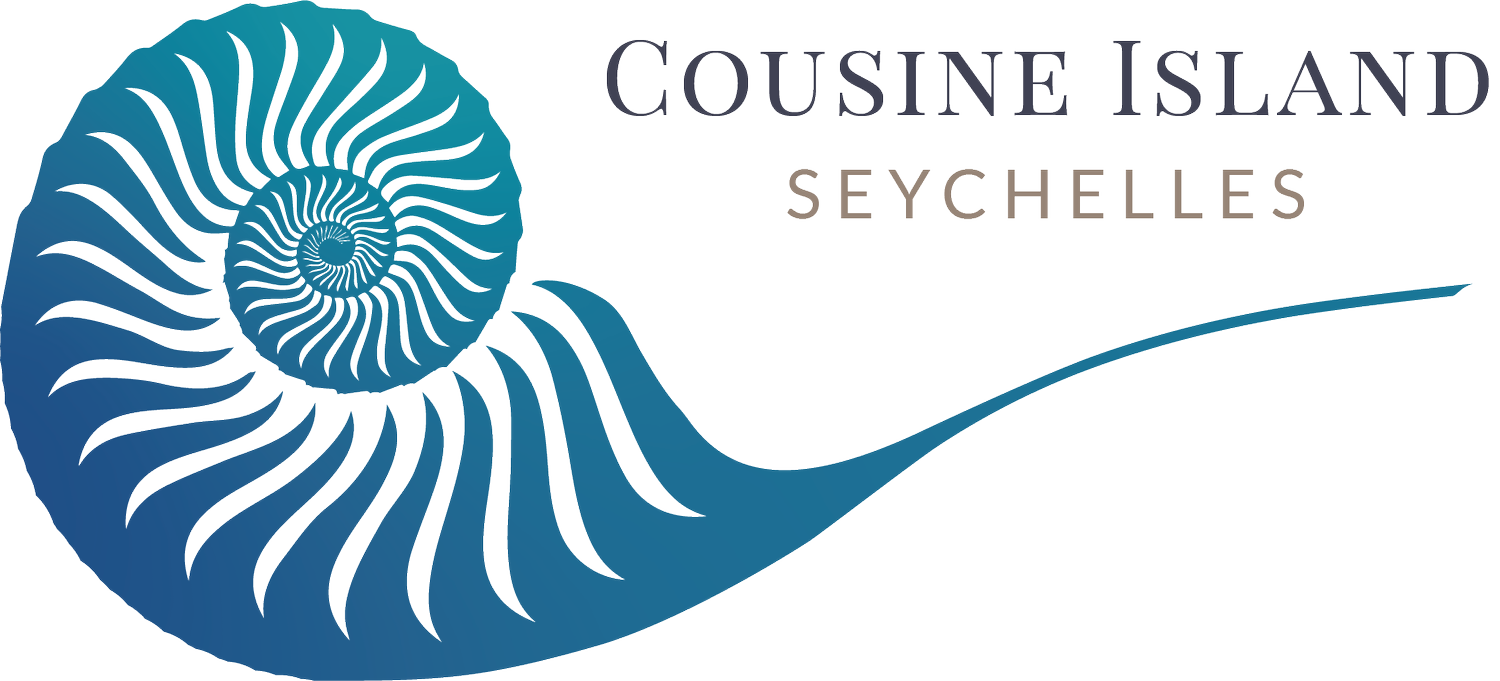Инициативы и программа по переработке отходов на Кузином острове
В 2020 году мы внедрили профессионально контролируемую программу переработки отходов, чтобы соответствовать нашим усилиям и целям в области устойчивого развития и охраны природы. Наша программа гарантирует, что все отходы, образующиеся на острове Кузин, будут утилизироваться экологически ответственным образом, что отражает нашу приверженность сохранению природной красоты и биоразнообразия острова.
Биоразлагаемые отходы, такие как пищевые отходы и растительный материал, по возможности компостируются на месте. Этот процесс компостирования не только уменьшает объем отходов, но и позволяет получить богатый питательными веществами компост, который можно использовать для обогащения почвы, поддерживая пышную растительность острова и способствуя оздоровлению экосистемы. Превращая органические отходы в ценный ресурс, мы сокращаем цикл утилизации отходов и способствуем более устойчивому развитию окружающей среды.
Неразлагаемые отходы тщательно разделяются на различные категории для вторичной переработки. Сюда входят такие материалы, как пластик, металлы и стекло, которые сортируются, чтобы убедиться, что они могут быть эффективно переработаны. После сортировки отходы, подлежащие переработке, перевозятся на лодках в пункты приема вторсырья на острове Маэ. На острове Маэ есть хорошо налаженные предприятия по переработке отходов, способные перерабатывать эти материалы и обеспечивать их повторное использование, а не отправлять на свалки.
Наша профессионально контролируемая программа переработки отходов является важнейшей частью нашей более широкой стратегии устойчивого развития. Избавляясь от отходов на свалках и сокращая воздействие на окружающую среду, мы делаем конкретные шаги к достижению наших природоохранных целей. Программа не только минимизирует воздействие отходов на нежные экосистемы острова, но и служит примером ответственного обращения с отходами в отдаленных и экологически уязвимых районах.
Благодаря этим усилиям мы стремимся защитить естественную среду обитания уникальной флоры и фауны острова, гарантируя, что остров Кузин останется нетронутым заповедником для будущих поколений. Наша приверженность принципам устойчивого развития и сохранения природы непоколебима, и мы продолжаем искать инновационные решения для улучшения экологической обстановки.


